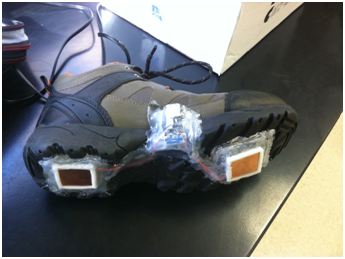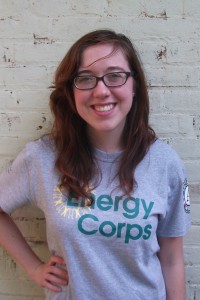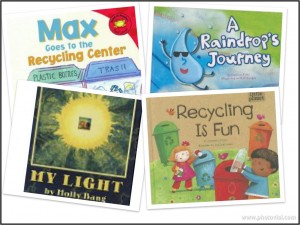Read about Eileen’s experience during Engineers Week at Butte High School in Montana:
To be honest, the idea of helping out with Engineers Week horrified me ever since my coworker and I were assigned to it. I’m certainly not an engineer; my skills rotate around the fields of communication, theoretical thinking, and interpersonal relations. I wish that I didn’t fulfill the stereotype of being somewhat mathematically and scientifically illiterate, but alas I nearly failed my state physics test in high school. So, learning that I would be going into two high school physics classes for over a week to mentor students was something that made my stomach turn. How would I be able to help these students adapt thermoelectric generation to an everyday wasted energy when I couldn’t answer their technical questions on how Peltier devices work?
Asking for help has never been something that I’ve been good at. Staring my insecurities in the face, taking a picture of them, and sharing them with supervisors and coworkers is something that has always made me cringe. I’d prefer to remain silent and learn through astute observation…fake it until you make it, right? Wrong. As time marches on and I unavoidably learn from triumphs and failures, I’ve slowly realized that there is no point in faking it. My lack of questions in my own physics class is what invariably led me to just scoot by as opposed to mastering the subject material.
I first opened up to Rachael (fellow Energy Corps member). She talked me through concepts and assured me that she would always be by my side to answer some of the more technical questions that popped up. I’ll never forget one of the most comforting things she told me, “I studied this stuff for four years and I still have questions. Don’t be ashamed that you haven’t mastered the material.” She planned meetings with our supervisor, who assured me that there would always be a certified engineer in the room. She also tracked down the contact information of some local Montana Tech students who would be mentoring the students as well. Talk about an amazing coworker and friend. Rachael and I met with these future engineers and worked through our presentation on turning every day activities that waste energy, such as opening and closing doors, into energy we can use through electromagnetic and thermoelectric conversion devices. The students were given either a hand crank or a Peltier device and about a week and half to come up with an adaptation that would provide power to a standard USB plug.

Finally, the big week arrived. Rachael, the Montana Tech students, some local engineers and I graded the student projects. I was extremely impressed by their creativity and ingenuity. Some of the thermoelectric devices were a scarf charger to be worn while skiing/snowboarding, using the temperature difference of your breath and the brisk outside air, a boot charger that used the temperature difference of body heat and the frozen ground, and a muffler charger that used the temperature difference of an extremely hot car muffler and the often frigid morning Montana air temperature. Some of the hand crank-electromagnetic devices included applying it to the snack drawer at home (the students calculated that with four boys constantly snacking, you could charge a phone in about a month) and applying it to a hand powered pencil sharpener.

After the students presented their projects and listened to a variety of presentations on conventional sources of energy, renewable energy, and energy efficiency, they were given a solar car to construct and race on the last day. Their ‘entrance fee’ to race their car was filling out feedback cards. We wanted to know their favorite and least favorite part of the week so that it could be improved in the future. One student wrote that learning about renewable energy resources was his favorite part of the week and that he would definitely use the information on energy efficiency and conservation in the future. These were the two presentations that Rachael and I gave! It may have only been one student out of about twenty five, but knowing that one person was excited about renewable energy, enjoyed learning about it from Energy Corps and would adopt energy conservation behaviors made facing my fears and insecurities completely worth it. Given that Rachael and I will be linking math concepts to renewable energy at the state-wide Math Counts competition in Bozeman this week, and presenting renewable energy and energy efficiency to a handful of elementary and middle school classes, this is the confidence booster that I needed to tackle the next (and sadly last) two months of my service term.
 Eileen Munsch graduated with a B.S. from SUNY Geneseo. Eileen went on to volunteer with the Student Conservation Association and AmeriCorps NCCC. After this, she worked for the YMCA of the Rockies as an outdoor educator, The Oregon Department of Forestry as a Wildfire Suppression Specialist and The Nature Conservancy as a Fire Management Technician. She is looking forward to her year of service with NCAT as a weatherization and energy educator.
Eileen Munsch graduated with a B.S. from SUNY Geneseo. Eileen went on to volunteer with the Student Conservation Association and AmeriCorps NCCC. After this, she worked for the YMCA of the Rockies as an outdoor educator, The Oregon Department of Forestry as a Wildfire Suppression Specialist and The Nature Conservancy as a Fire Management Technician. She is looking forward to her year of service with NCAT as a weatherization and energy educator.








